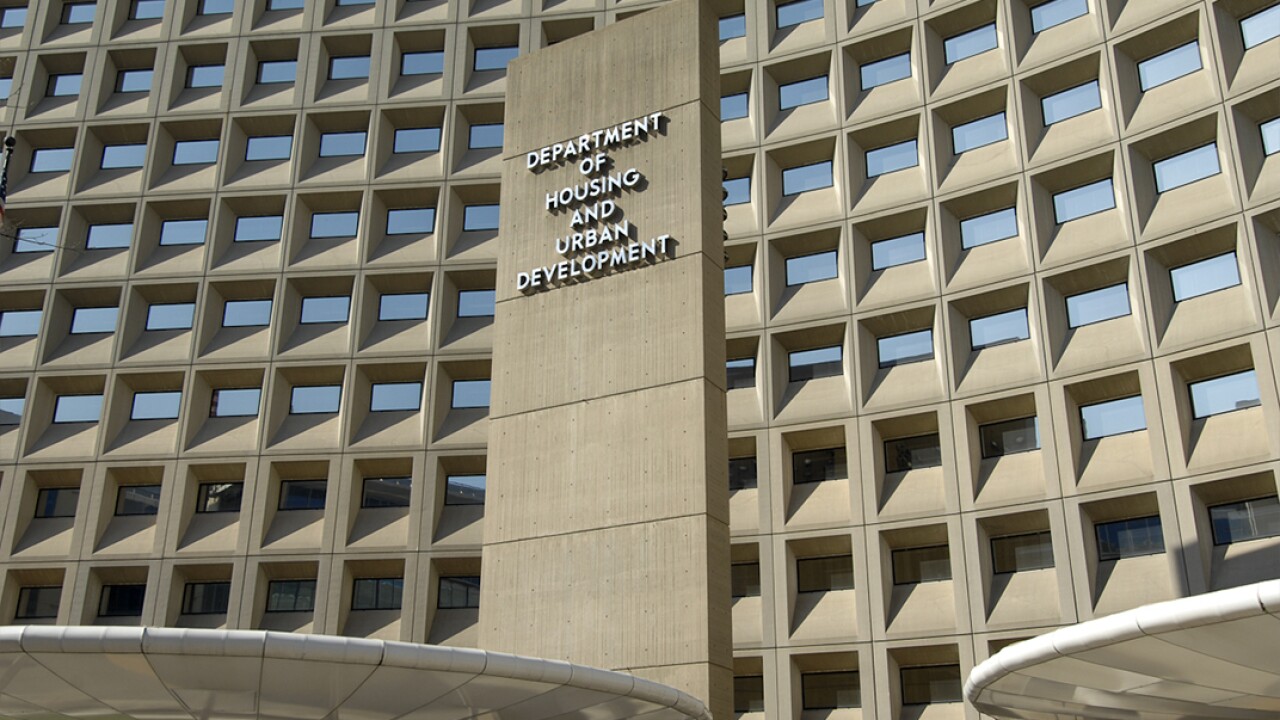SAN FRANCISCO -- In a decision that could cost Wells Fargo & Co. $15 million and restrict credit card fees in California, a state appeals court has ruled that Wells must refund some of its charges to customers who paid bills late or went beyond credit limits.
The finding by the First District Appeals Court in San Francisco upholds a lower court judgment in a 1986 suit brought by Alice M. Beasley, a Wells credit card customer who filed a class-action complaint against the fees.
Wells plans to petition the California Supreme Court to overturn the ruling, a spokeswoman said. "We believe that our charges are reasonable and reflect our actual costs," she said.
Consumer Victory Seen
James C. Sturdevant, a lawyer representing the Wells customers, hailed the appeals court decision as "an excellent victory for consumers."
It was the second court decision in recent weeks to call a credit card pricing policy into question.
Last month, a federal judge in Boston said Sears, Roebuck and Co. could not charge a $10 late-payment fee to Massachusetts holders of its Discover card. That state prohibits such fees, but they are permitted in Delaware, where the Sears card operation is based.
The central issue in the Wells Fargo National Bank case was whether its fees merely recovered its costs or generated extra income. a century-old state law limits consumer penalty charges to losses actually suffered.
Jury's Finding on Fees
In 1989, a jury found that Well's card fees exceeded collection costs. It awarded $5.2 million in compensation to people who held Wells credit cards from 1982 to 1987.
In a separate case, the San Francisco-based bank agreed in 1989 to pay $3.8 million to former customers of Crocker National Bank, bought by Wells in 1986, if the lower court judgment in the Beasley case were upheld.
If it faisl to overturn the appeals court ruling, Wells' bill will rise to $15 million, including lawyers' fees, distribution costs, and interest.
Although Wells has suspended its over-limit fee, it imposes a late-payment charge of $5.75, the amount it says it costs to collect on overdue accounts.
3d Suit Pending
Meanwhile, another suit is pending against the credit card charges; it was brought on behalf of Wells cardholders after 1987.
While the findings under California law are not binding in other states, legal experts said the Wells credit card cases could influence courts in jurisdictions that have similar prohibitions against imposing consumer penalties for profit.





